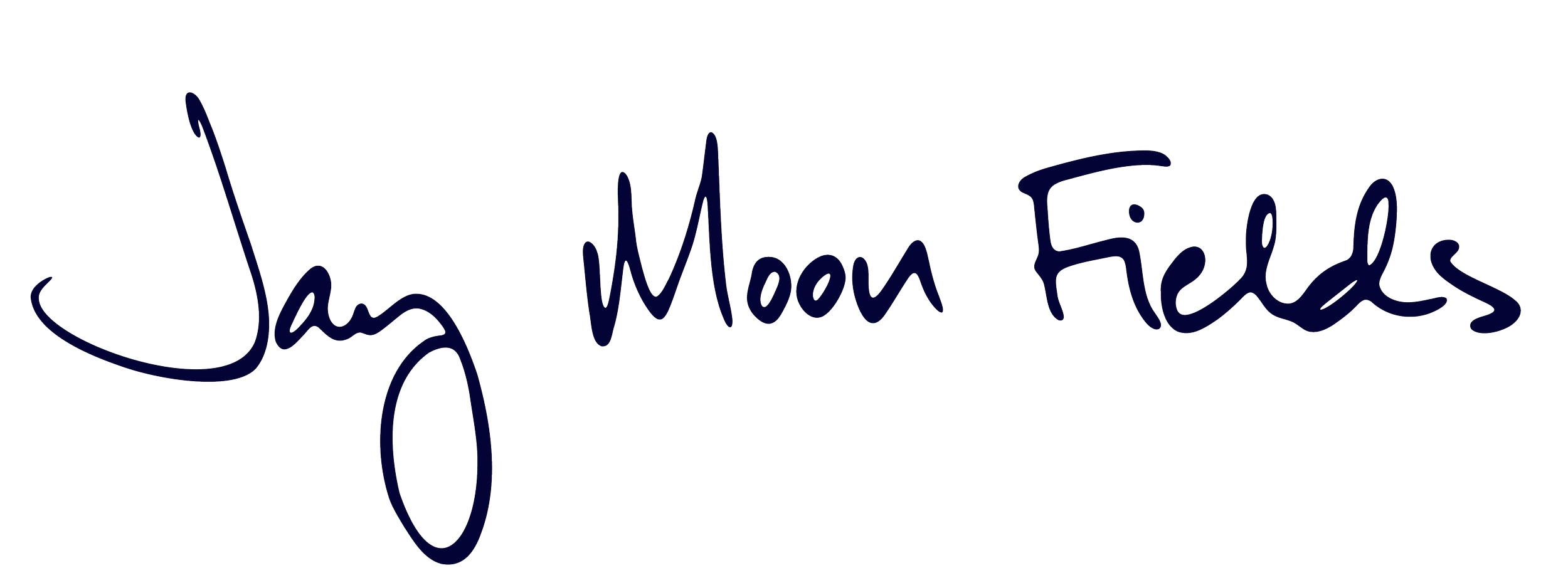The #1 most important quality for closeness
I often spend Saturday mornings cleaning house and listening to public radio and podcasts. Nothing like a tidy house and some passive listening to help regulate my nervous system!
As I was scrubbing the kitchen sink this past weekend, author and philosopher Alain de Botton was on Life Examined talking about love and dating.
Particularly, he was sharing how what we think is important, and what dating apps emphasize, is not critical for happiness and longevity in a relationship.
Having hobbies in common, while enjoyable, isn’t what makes a couple feel close.
And though it’s good to feel physically attracted to your partner, unless you’ve done the inner work to heal old wounds, your mental attraction will be to the particular flavor of suffering you’re most familiar with.
It’s that old story that you end up dating people who are like you parents—because that’s what you think love is.
So if you’re conditioned to think that love feels like a healthy dose of tension with a side of sarcasm and disregard, that’s what you’ll order up every time you pick a new partner.
What’s the most important quality to have, then, if you want a healthy relationship with emotional closeness?
Curiosity.
As in a mutual desire to know someone else—their thoughts, experiences, feelings, perspectives, hopes and dreams.
It makes sense, because what is intimacy if not knowing and being known by someone?
I can tell you from my work with 1:1 and Yours Truly clients, curiosity doesn’t necessarily come naturally.
I’m often shocked by how uncommon it is for people to know what their partner thinks about an important experience in their life because they’ve simply never asked.
Surely in part it’s due to the fact that life is busy and these are the people we feel like we know the best, so why take the time to ask what’s really going on for them or what they think about something because we think we already know the answer.
But so much of the time the assumptions made are dead wrong!
And even if your assumptions are right, it’s still important to show curiosity. Because as de Botton shared in the interview—when we stop feeling known and understood, the flame dies. And worse, resentment and distance grows.
Think about it. When was the last time you asked your partner or closest friend what’s been on their mind lately? Or had someone ask you that?
Maybe you do have curiosity in your relationships, and that’s great. But where I see even close couples throw curiosity out the window is when there is hurt of disagreement.
When something is off or someone feels hurt or misunderstood, instead of curiosity, they lead with:
Defensiveness: “I didn’t do that!”
Directives: “You need to do that differently!”
Solution Seeking: “What do we/you need to do or not do so this hurt doesn’t happen again?”
None of these are ways of communicating to relate. All of these are forms of communicating to manage—the situation, the other person, your own emotions.
And I don’t know if you’ve noticed, that way of communicating doesn’t feel great.
Want to know how to stay with curiosity and keep closeness possible even when things are sticky? Here are two great lines to employ liberally:
Can you understand how I feel that way?
What’s that like for you?
As in, “You’ve been coming home late a lot recently, and it’s been frustrating for me. Can you understand how I would feel frustrated?”
And, “I’ve been getting home later a lot recently. What’s that like for you?”
See how these questions automatically lead with the intent of understanding and being understood, rather than with trying to control or trying to get straight to a solution?
Trust that the solution or healing will come through the curiosity and understanding, not the other way around.
What makes this approach especially great is that in those situations where there is no good immediate solution (which are many situations), or the healing is multi-layered and will take time (which is called life), at least you don’t have to forsake closeness in the meantime.
Here’s to closeness through curiosity!
In my signature online program, Yours Truly, I teach how to have closeness with other people without losing yourself. Learn what goes into that relational toolbox in addition to curiosity! Check it out here.
